QuestionI habe a 22 year old retired Thoroughbred. He has renal failure and as secondary problem has gastric ulcer. He is on treatment for both from our veterinarian but I have researched all the horse feed we have in South Africa and we have nothing for horses with renal failure. I know the basics ideas of a diet for a horse like this: low carbs, low starch, low protein, low phosphorus and low calcium but I don't know how to make up a diet that will suit him and combine all these aspects and also make sure that he is getting all the necessary vitamins and minerals. Can you help?
AnswerHi Caroline,
Thank you for your question. You certainly have a challenge on your hands, feeding a horse with both renal failure and gastric ulcers. I will try and help you design a diet for him but am not overly familiar with what feeds you have available.
Your research into special dietary requirements for your horse is correct...you need to minimize how much work the horse's kidneys have to do. The kidneys are responsible for filtering water soluble nutrients that the body will not use. So in as much as you have a minimum requirement for protein and various minerals, any extra in the diet that the horse will not use or store has to be peed out. So you want to supply just enough to keep your horse healthy, and not much more. I'm assuming (and hoping) that your horse has a decent body condition and has no need to gain weight. This will make the diet a little easier to manage. A mature inactive to lightly active horse has nutritional requirements that can be met on all forage diets, without the need for additional supplementation. Commercial feed mixes will contain all of the nutrients that your horse needs to avoid. So your goal should be to find forages that will keep soluble nutrients at an as-needed basis only. I'm not sure what you have available for forages where you are but here are some suggestions. Grass hay or pasture is best for your horse as grasses are lower in soluble carbohydrates, protein and mineral. Timothy hay would suit your horse real well...10-12% protein, which is just what your horse needs, and Calcium, Phosphorous and Magnesium levels close within reason. The one thing to remember about mineral that comes from forage is that it is only about 50% bio-available...meaning that even though the mineral levels in hay are slightly higher than what you need, only half of it will make it into the digestive system and therefore won't stress the kidneys. If you don't have timothy hay available, perhaps you have access to timothy cubes? They will have the same nutritional value as hay, but may be lacking in 'effective' fiber (they don't require much chewing so they don't help produce saliva like long stem fiber will...which your horse needs to help naturally neutralize stomach ulcer). Teff hay would also be a viable option. It can have a nutritional value much along the lines that your horse needs and provides effective fiber. This type of all forage diet will meet most of your horse's basic needs...low soluble carbohydrate, minimum CP requirements and enough Ca, P and Mg to keep your horse healthy. The only thing that may be lacking is sufficient vitamin...in which case I would suggest you try a vitamin only premix, preferably in a pellet so that your horse will eat it. Read the label to ensure it has not added mineral, as your forage has enough and any more will put stress on the kidneys. You should provide this forage pretty much free choice as it will require the full daily dry matter intake of these forages to meet the minimum nutrient requirements. Also, the continual chewing will allow your horse to produce large volumes of saliva that will in turn neutralize stomach acid and prevent further ulcer damage.
If you don't have any of the above mentioned forages available, let me know what you do have and I will gladly revisit the diet with you. If you have an analysis of the forages you do have available, I would be happy to make some more specific recommendations on feeding rates. I hope this helps to some extent and best of luck.
Thanks, Corlena

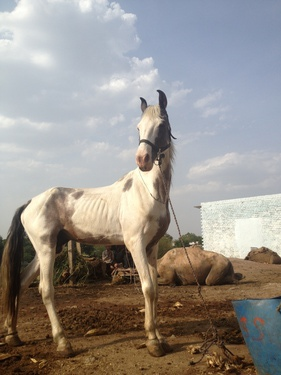 improving body condition
Question
horse
hello maam, how can i improve the
improving body condition
Question
horse
hello maam, how can i improve the
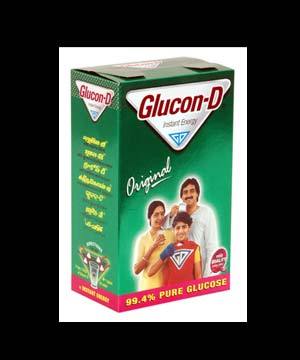 adding rehydrating supplement in the water bucket
Question
glucod D
hello maam, here in india, cl
adding rehydrating supplement in the water bucket
Question
glucod D
hello maam, here in india, cl
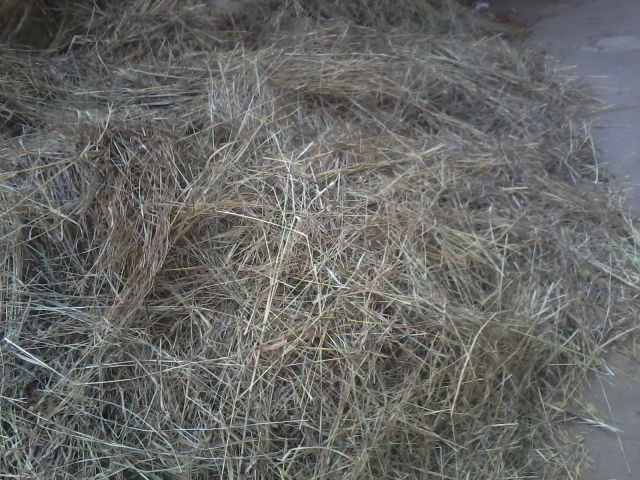 clover hay good in fiber or not
Question
kancha hay
hello maam. is clover hay ri
clover hay good in fiber or not
Question
kancha hay
hello maam. is clover hay ri
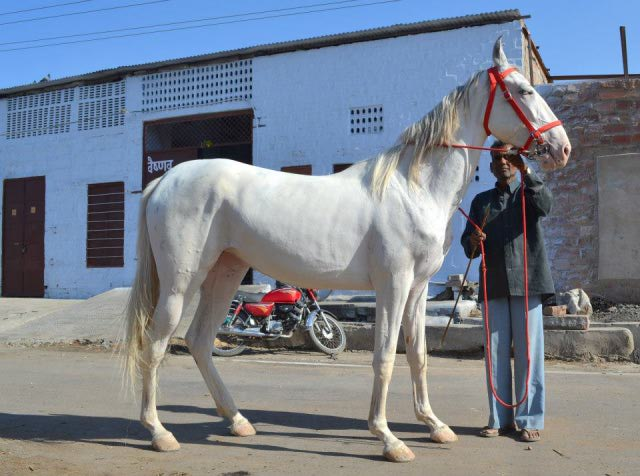 strong or weak
Question
strong or weak
hello maam, how this hor
strong or weak
Question
strong or weak
hello maam, how this hor
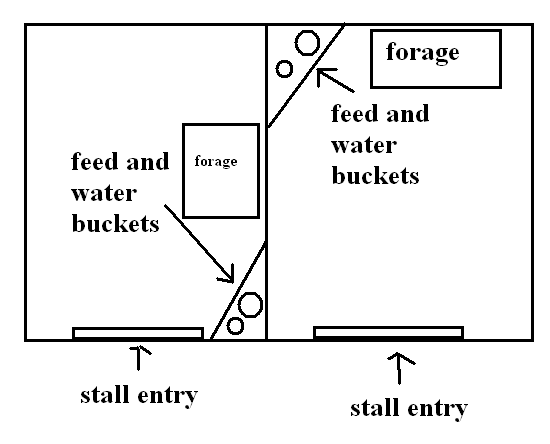 position for feed box, water bucket in the stall
Question
position for feed box,
hello, where should the
position for feed box, water bucket in the stall
Question
position for feed box,
hello, where should the